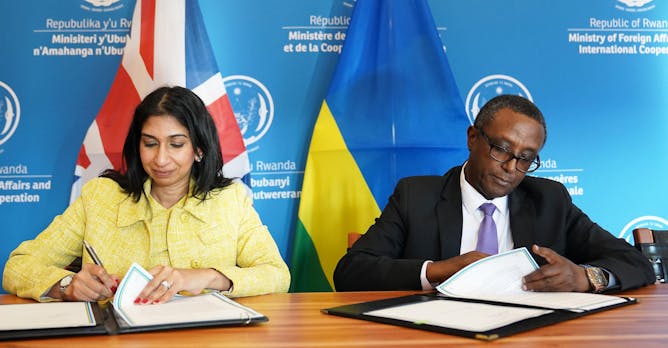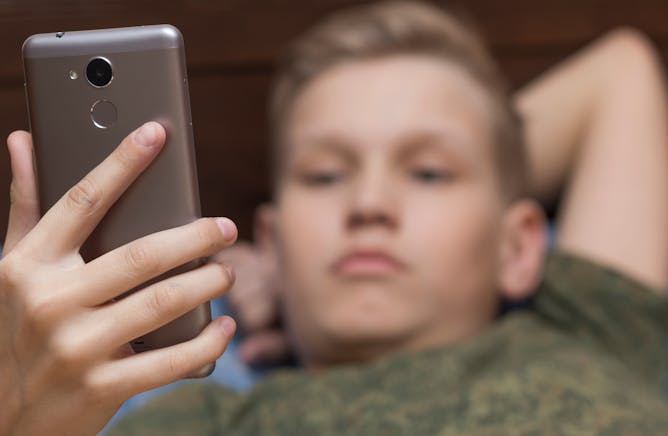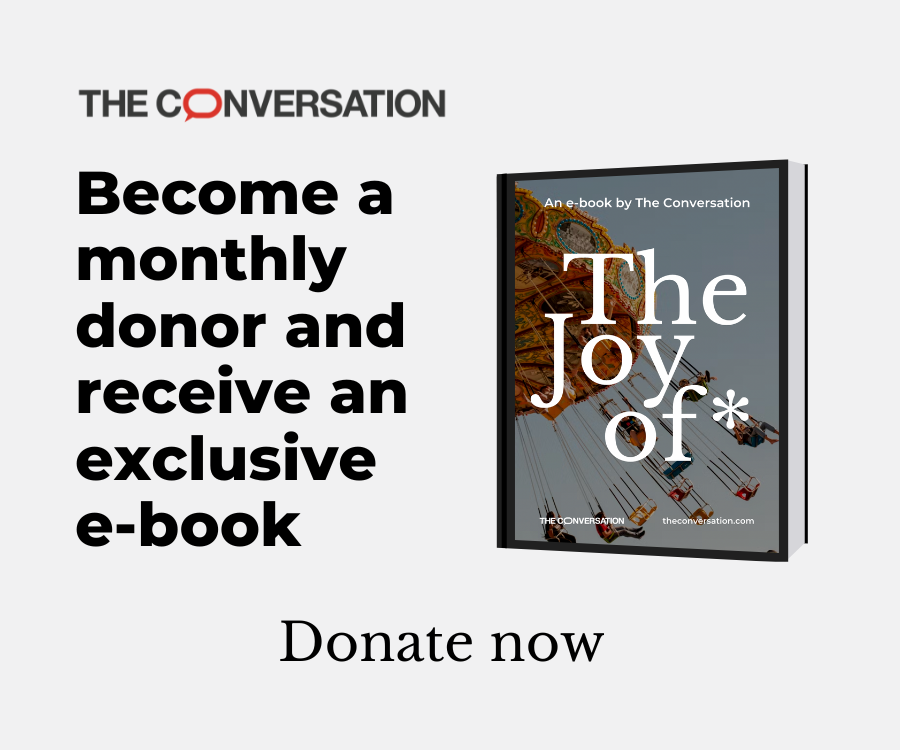|
“It’s a laboratory experiment gone wrong,” a senior Australian bureaucrat told the political anthropologist Julia Morris. They were sitting in the bureaucrat’s Canberra office discussing the arrangement his government had with the Pacific island of Nauru, the place where Australia had been sending its asylum seekers and refugees.
It’s exactly the kind of deal the UK is now pursuing with Rwanda, as last week’s visit from the UK home secretary, Suella Braverman, underlined. But things did not go smoothly in Nauru: mounting costs and deepening civil unrest, along with a series of other controversies, led to the project’s demise. Morris went to Nauru to find out how things got so toxic, and if there are any lessons to be learnt for the UK.
Elsewhere we look into what’s behind the appeal of so-called “misogyny influencers” such as Andrew Tate to some boys and young men – and the failures and anxieties that have left them vulnerable. And, as it’s Monday, we’ve got two experts to tell us how to train our brains into feeling more positive at the start of a new week.
|

|
Paul Keaveny
Investigations Editor, Insights
|
|

Julia Morris, University of North Carolina Wilmington
Anthropological fieldwork into ‘outsourced’ asylum measures in Nauru and Guatemala reveal how they actually work - and don’t work - in practice.
|

Emily Setty, University of Surrey
There seems to be a vacuum for these influencers to fill.
|

Cristina R. Reschke, RCSI University of Medicine and Health Sciences; Jolanta Burke, RCSI University of Medicine and Health Sciences
You can train your brain to get excited about the start of the week – or at least cope with it.
|
Health
|
-
Marion Humbert, Karolinska Institutet; Annika Karlsson, Karolinska Institutet
Certain immune cells acquired from a coronavirus that causes the common cold appear to react to COVID – but more so in children that adults.
-
Jane Gregory, University of Oxford
Sounds such as sniffing, chewing and pen clicking are common tigger sounds for people with misophonia.
|
|
Politics + Society
|
-
Jose Caballero, International Institute for Management Development (IMD)
Chinese leadership of a peace deal between Iran and Saudi Arabia, adds to their power in the region.
-
Ian Cushing, Edge Hill University
Beliefs about language are never just about language. They reflect institutional power dynamics.
|
|
Arts + Culture
|
-
Jennifer Meggs, Heriot-Watt University
Research is showing that players can use mindfulness techniques to improve the mental resilience required to perform at the highest level.
-
Victoria Bateman, University of Cambridge
When I began stripping off in the form of naked protest, I presumed there were no puritans left to object. I was wrong.
|
|
Business + Economy
|
-
John Whittaker, Lancaster University
The failure of Silicon Valley Bank has exposed gaps in financial regulation that could be tricky to fill.
-
Alan Shipman, The Open University
Many businesses have been reluctant to invest and expand.
-
Jose Caballero, International Institute for Management Development (IMD)
Chinese leadership of a peace deal between Iran and Saudi Arabia, adds to their power in the region.
-
Allan Discua-Cruz, Lancaster University; Bingbing Ge, Lancaster University
Many family businesses pass through generations without issue, some even grow stronger.
|
|
Environment
|
-
Kevin Anderson, University of Manchester
Climate models embed colonial attitudes and massive inequality.
-
Chris Walkinshaw, Plymouth Marine Laboratory
A study shows that exposure to polyester microfibres inhibits growth in mussels.
|
|
Science + Technology
|
-
Jennifer Meggs, Heriot-Watt University
Research is showing that players can use mindfulness techniques to improve the mental resilience required to perform at the highest level.
|
|
|
|
| |
| |
| |

|
| |
| |
| |
|
|
|
|
| |
| |
| |
| |
| |
|
|